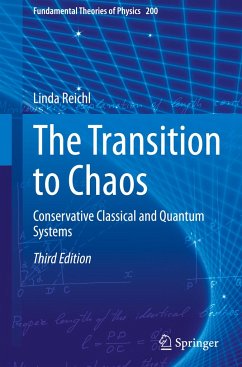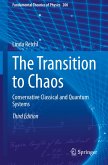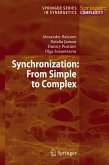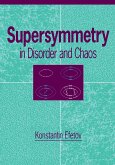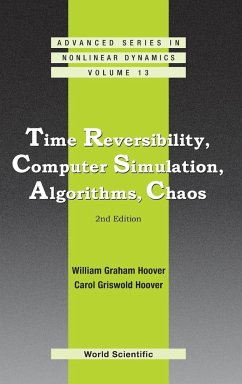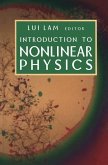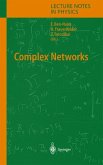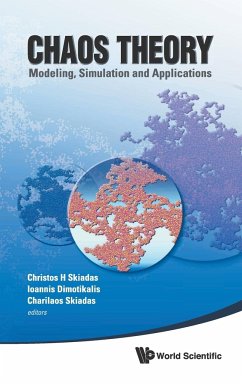The classical and quantum dynamics of conservative systems governs the behavior of much of the world around us - from the dynamics of galaxies to the vibration and electronic behavior of molecules and the dynamics of systems formed from or driven by laser radiation. Most conservative dynamical systems contain some degree of chaotic behavior, ranging from a self-similar mixture of regular and chaotic motion, to fully developed chaos. This chaotic behavior has a profound effect on the dynamics.
This book combines mathematical rigor with examples that illuminate the dynamical theory of chaotic systems. The emphasis of the 3rd Edition is on topics of modern interest, including scattering systems formed from molecules and nanoscale quantum devices, quantum control and destabilization of systems driven by laser radiation, and thermalization of condensed matter systems. The book is written on a level accessible to graduate students and to the general research community.
This book combines mathematical rigor with examples that illuminate the dynamical theory of chaotic systems. The emphasis of the 3rd Edition is on topics of modern interest, including scattering systems formed from molecules and nanoscale quantum devices, quantum control and destabilization of systems driven by laser radiation, and thermalization of condensed matter systems. The book is written on a level accessible to graduate students and to the general research community.

